Storytelling Healing AfterMeth
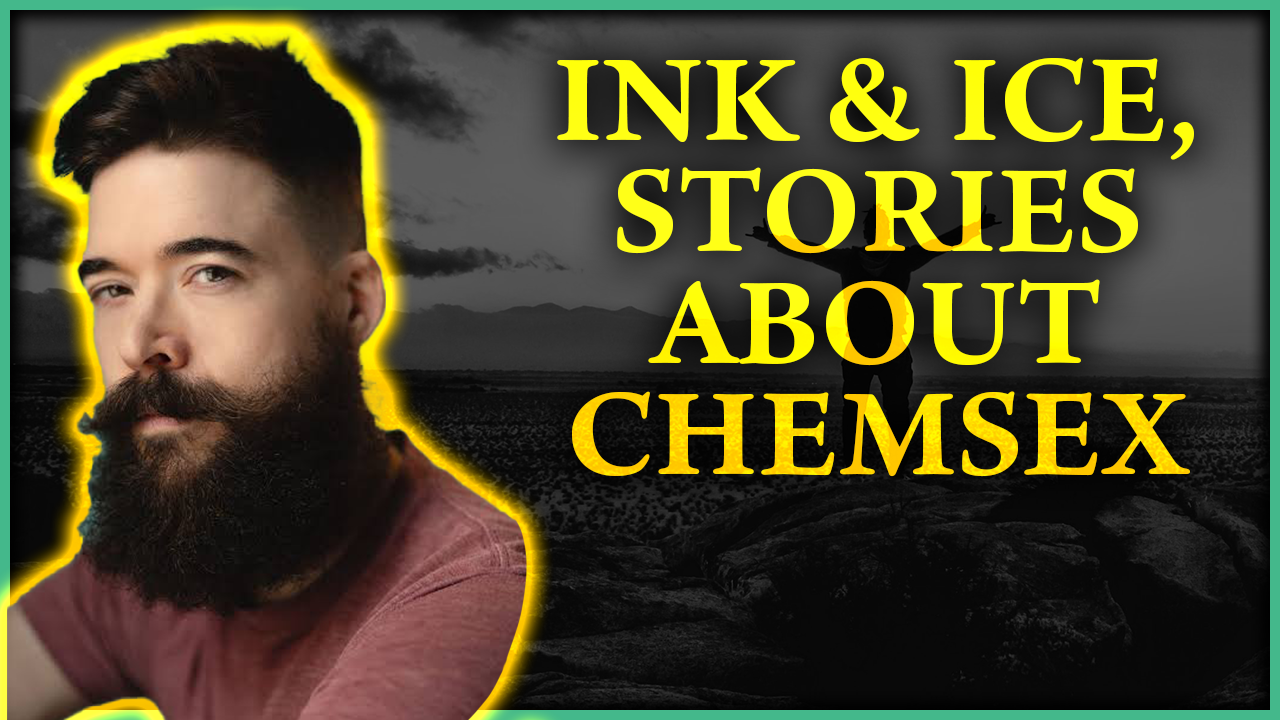
My dating profile used to read something like this:
"Meth addict in recovery, HIV+ and two kids. If you kept reading, just swipe right."
Back then, I used the justification that my life is an open book and I am "recovering out loud."
But that was not the motivation behind divulging this information up front.
I was ashamed.
I felt like damaged goods and if a man was still interested in me after reading my "baggage" then I was luck to have him.
That is not a healthy reason to share your story.
And here is a perfect example of my notion that everything in life is neutral until you give it meaning.
Now, my life is an open book but from a place of courage and service to others.
I am not ashamed.
Telling my story from a heart-centered place has been one of the most healing and liberating experiences of my life.
And honestly, necessary for leaving meth behind.
Have you shared your story?
If you have or have not, what is the motivation behind that decision?
I'd love to hear the answer. Reply to this email and let me know.
This week I sit down with a friend and colleague who tells stories in a most creative and powerful way. I was inspired by this conversation and I hope you will be too.
The Power of Telling Your Truth
Ed Firth's journey from creating art about others' stories to confronting his own trauma through graphic novels reveals something important: our stories have the power to heal not just ourselves, but entire communities.
Through his "High and Horny" series, Ed demonstrates how creative expression can break the dangerous silence surrounding addiction, particularly in the LGBTQ+ community.
The most striking lesson from Ed's experience is that he couldn't create his deeply personal work until after therapy helped him fully tell his life story.
This suggests that recovery isn't just about stopping destructive behaviors—it's about reclaiming our narrative and transforming our relationship with our past.
Listen to the podcast HERE.
Watch the podcast HERE.
Breaking the Silence That Kills
Ed draws a powerful parallel between the chemsex crisis and the AIDS epidemic: both are shrouded in stigma and silence.
As he reminds us, "silence equals death." When we keep our struggles locked away, we rob ourselves of healing and deny others the chance to recognize they're not alone.
The podcast reveals how many people compartmentalize their addiction, telling therapists about every aspect of their lives except the drug-fueled encounters that may be causing the most damage.
This selective disclosure keeps us trapped in cycles of shame and prevents the very conversations that could lead to freedom.
The Universal Story Structure of Recovery
Ed introduces a powerful framework for understanding our recovery journeys through four story archetypes: Orphan, Wanderer, Warrior, Martyr.
This is a roadmap for making sense of your own experience:
- Orphan: The beginning isolation, losing friends, family, or yourself
- Wanderer: The searching phase, looking for solutions or meaning
- Warrior: The fighting phase, actively confronting your addiction
- Martyr: The transformation phase, where your old self must "die" for recovery to emerge
Understanding where you are in this cycle can help you see that your story isn't finished—it's still being written.
The Healing Power of Honest Expression
Both Ed and Dallas emphasize that sharing raw, unfiltered stories creates profound healing.
When Dallas posts about his own shocking behaviors during active addiction, he receives an "onslaught of messages" from people feeling less alone in their shame.
This demonstrates how vulnerability becomes a gift to others struggling in silence.
Ed's approach of creating art "for himself" rather than imagining what others want to see preserves the integrity of the story.
This suggests that authentic healing happens when we stop performing recovery for others and start honestly examining our own experience.
Reframing Your Environment and Relationships
One of Ed's most insightful observations involves how every character in a story reflects aspects of the protagonist.
Applied to your life, this means examining how the people around you mirror different parts of yourself—including the parts you might want to change or embrace more fully.
Similarly, Ed's character who returns to his old drug use location to declare "YOU MADE IT!" shows how we can reclaim spaces and memories that once held only pain.
Recovery allows us to rewrite the meaning of our past experiences.
Final Reflection
Ed's work reminds us that recovery stories don't need tidy endings to be powerful.
Sometimes the most healing narratives are the ones that leave us with questions, that make us think long after we've finished reading or listening.
Your recovery story is still being written, and every day you choose healing over harm, you're adding another page to a narrative that could inspire someone else to keep going.
Remember: your story matters not because it's unique, but because it's yours.
In telling it honestly, you give others permission to do the same—and that's how we break the silence that keeps addiction thriving in the shadows.
Love you, Dallas
5 Reflective Questions
-
What parts of your story are you still keeping silent? Consider the aspects of your addiction or recovery that you haven't shared with anyone—not your therapist, family, or closest friends. What would happen if you started to speak these truths?
-
Where are you in the Orphan-Wanderer-Warrior-Martyr cycle? Reflect on your current position in recovery. Are you wandering and searching, actively fighting your addiction, or in the process of letting your old self die for something new to emerge?
-
How do the people in your life reflect different aspects of who you are? Look at your relationships through Ed's lens—what does each important person in your life represent about your own character, fears, or aspirations?
-
What would you tell your younger self at the height of your addiction? If you could go back to that person who was just beginning to experiment or spiral deeper, what wisdom or comfort would you offer?
-
How has your relationship with shame evolved throughout your recovery? Consider how your feelings about your past behaviors have changed. Where do you still carry unnecessary guilt, and where have you found self-compassion?
5 Journal Prompts
-
Write about a time when someone else's story made you feel less alone. Describe a moment when hearing someone else's experience with addiction or recovery helped you realize you weren't the only one going through something difficult. What specifically resonated with you?
-
Describe your "rock" or significant place from your using days. Like the character who returns to his drug use spot to celebrate recovery, write about a location that holds memories from your addiction. How might you reclaim or reframe this space in your recovery?
-
Create your recovery timeline using the four archetypes. Write out your story using Orphan, Wanderer, Warrior, and Martyr as chapter headings. What events marked each transition? Where do you see yourself heading next?
-
Explore a relationship that reflects your own struggles. Choose someone in your life who particularly triggers or challenges you. Write about what they might be reflecting back to you about your own character or unresolved issues.
-
Document your "emergency strategies" for managing cravings. Write honestly about what actually works for you when intense urges arise. Include both the strategies you're proud of and the ones that might seem unconventional but are effective.
5 Action Exercises
-
Practice the "Medicinal Masturbation" Strategy: When experiencing cravings, try Ed and Dallas's recommended approach of masturbating to achieve post-clarity before making any decisions about using. Track how this affects your urges and decision-making over a week.
-
Create Your Own "Story Coins": Like the coin baked into Christmas pudding that forces you to eat slowly, identify what elements in your recovery story deserve deeper attention. Choose three significant memories or experiences and spend 15 minutes each day for a week examining one from different angles.
-
Map Your Support Network Using Story Archetypes: List the important people in your recovery and identify which archetype they represent in your story. Are they fellow warriors? Wise mentors? Challenging antagonists who push your growth? Use this to understand what roles might be missing from your support system.
-
Practice Selective Disclosure: If you've been hiding parts of your addiction from your therapist or support system, choose one "secret" aspect to share this week. Start small if needed, but begin breaking down the walls of compartmentalization.
-
Reclaim a Trigger Location: Identify a place associated with your using that you've been avoiding. When you feel ready, visit this location (with support if needed) and consciously create a new, recovery-focused memory there. This could be as simple as having coffee there while reflecting on your growth, or bringing a supportive friend to share your story of transformation.
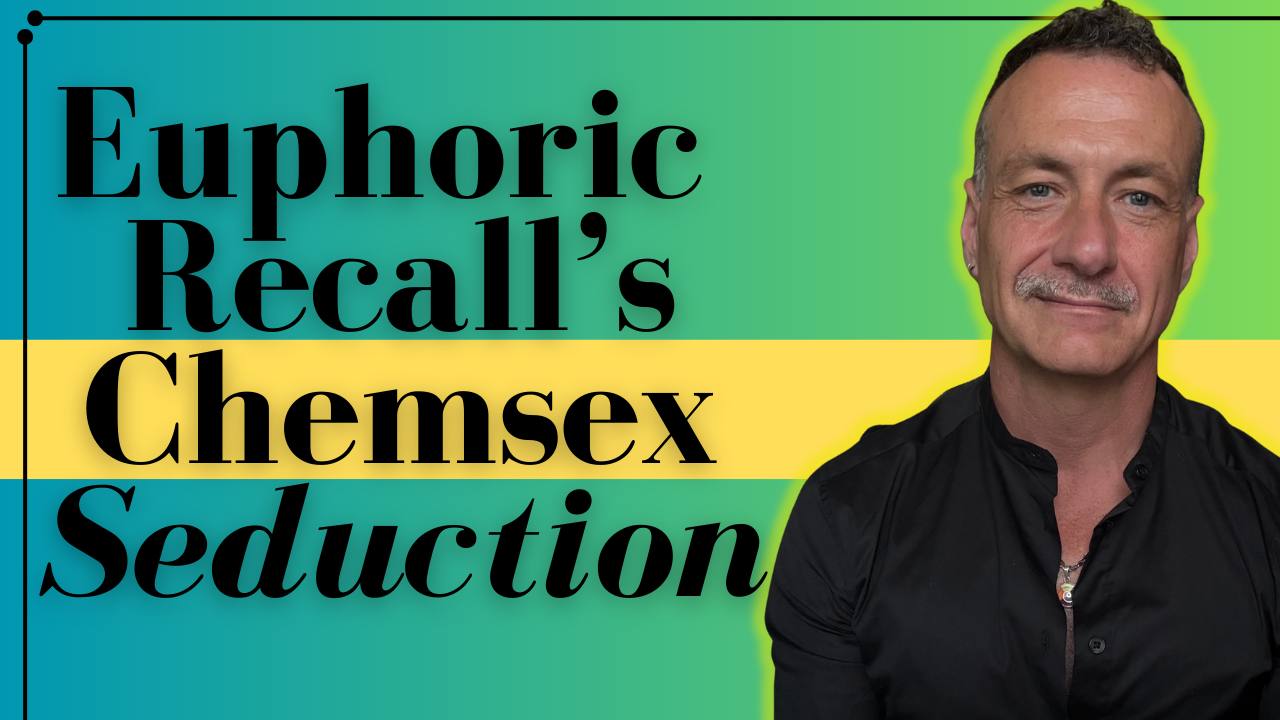
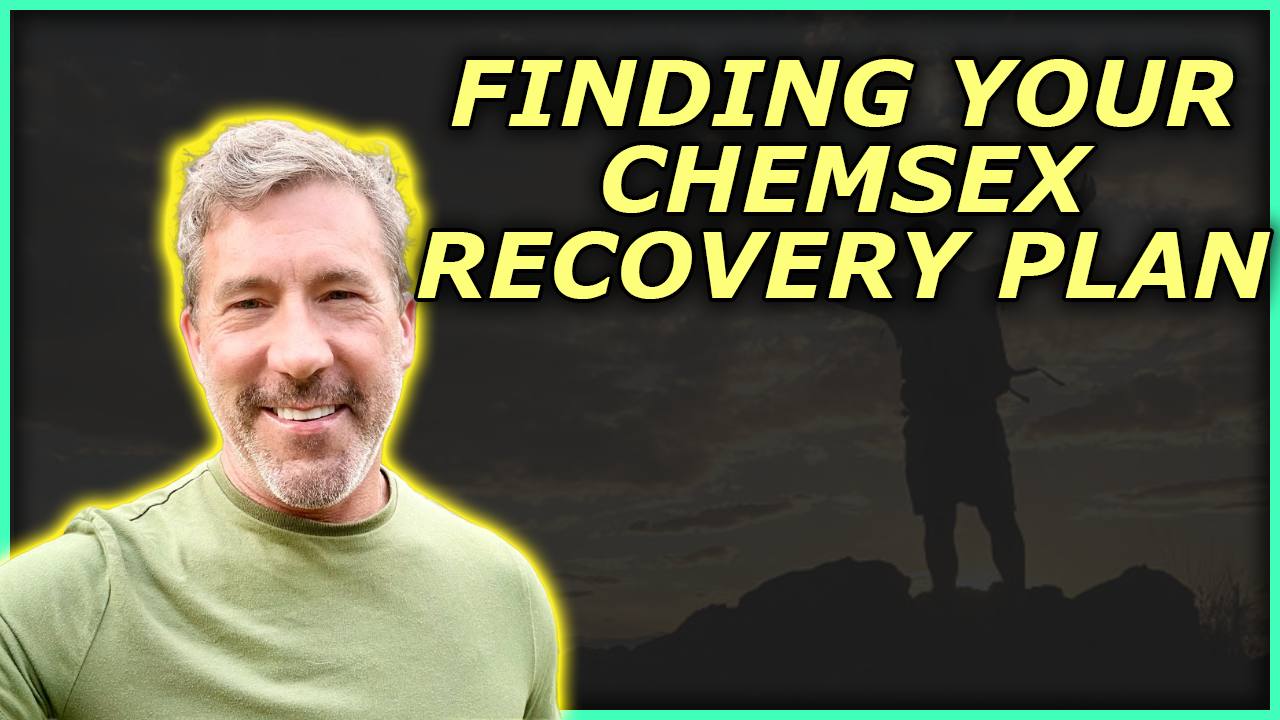
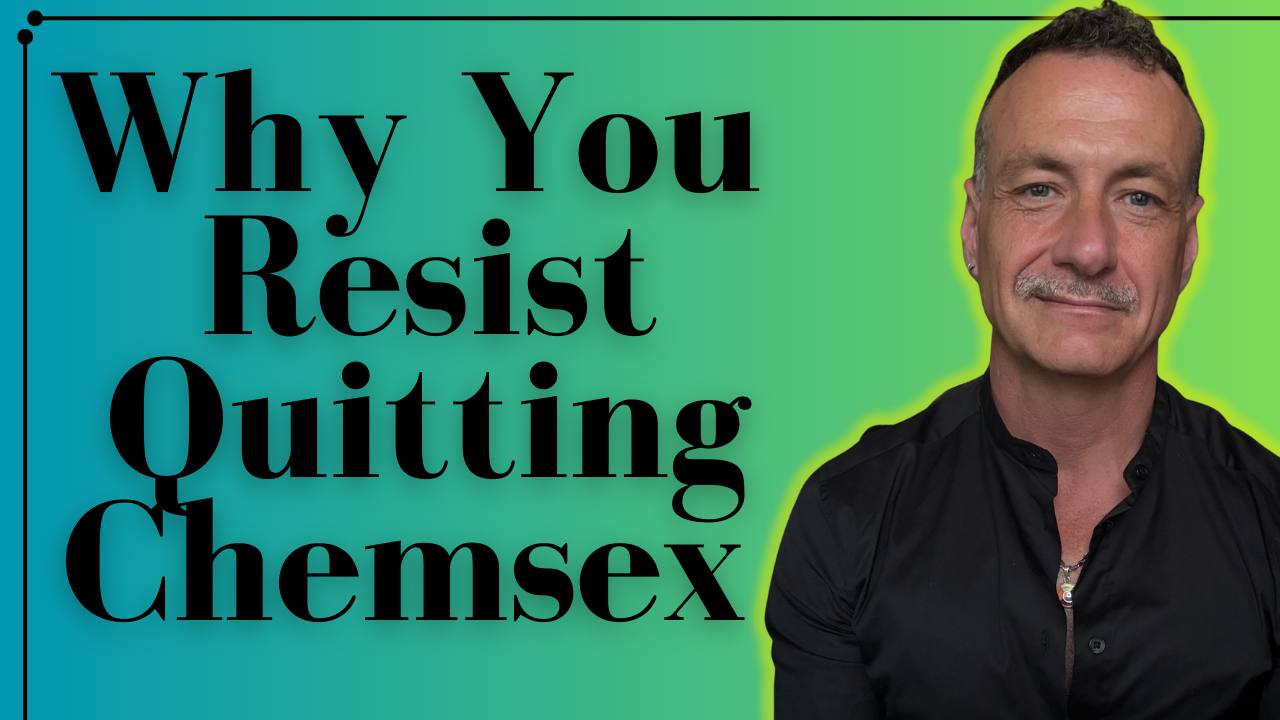
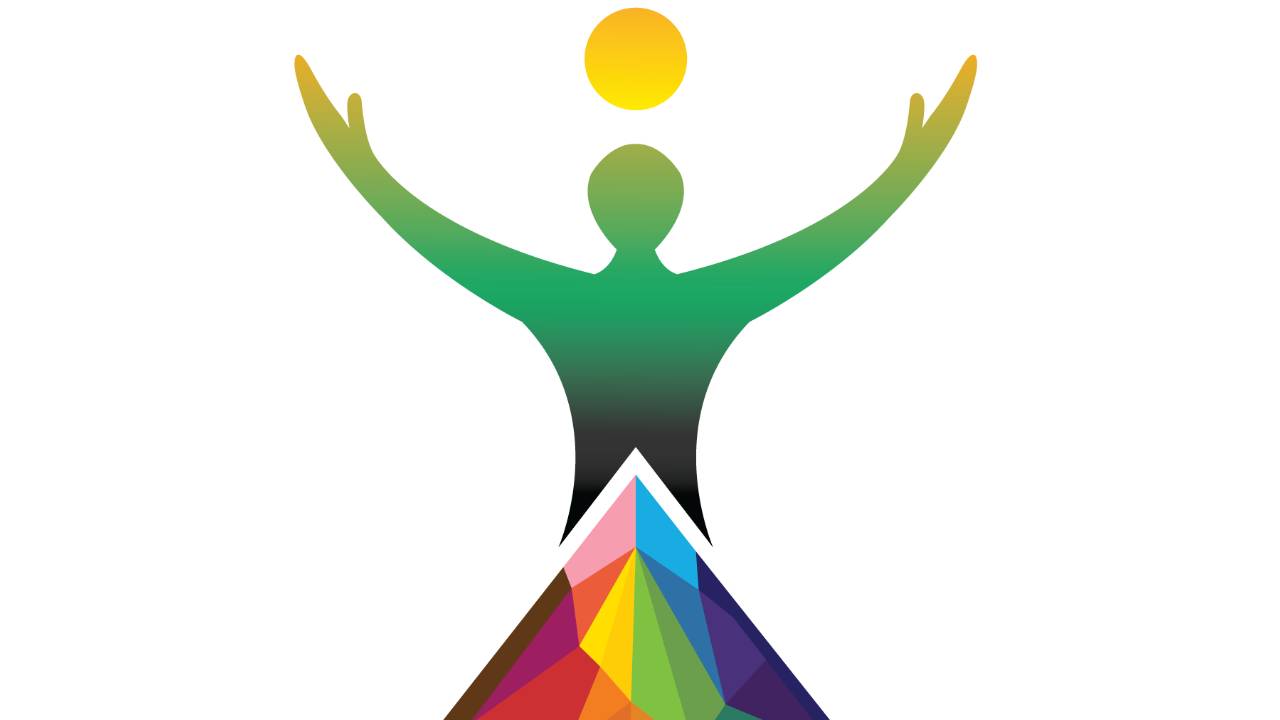
Responses